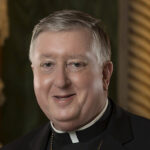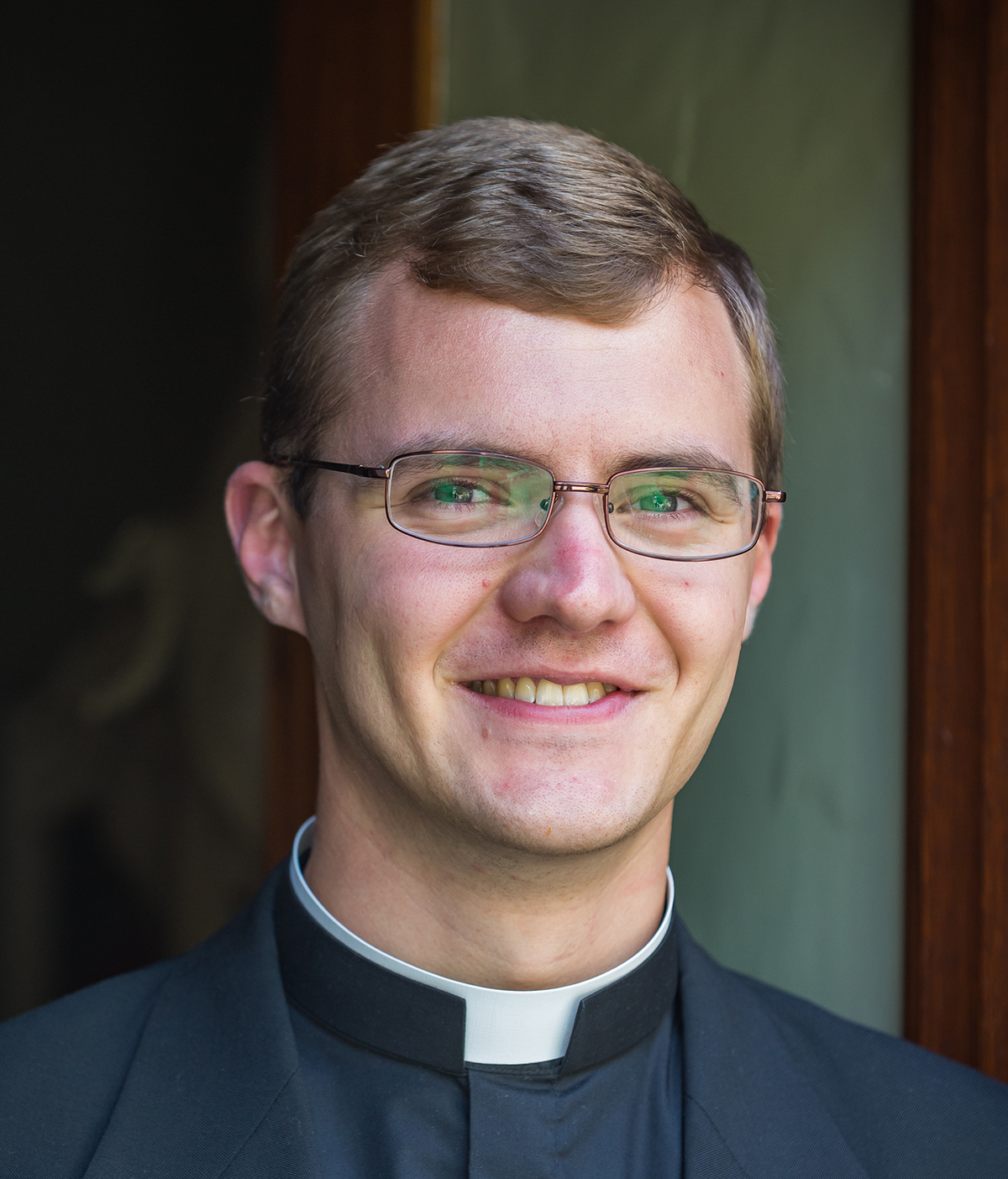SERVE THE LORD WITH GLADNESS | End of Advent is a reminder to organize everything around Jesus
We hear in the readings how God asks for our daily “yes,” so that He might shape history through us

Dear brothers and sisters in Christ,
How do you treat time?
I ask because the Church makes an important shift this week, and it’s meant to be instructive.
Most people know there are four weeks of Advent. Not everyone realizes that no matter where we are in those four weeks, the Church shifts gears starting on Dec. 17. The final seven days before Christmas Eve are a special time of spiritual preparation.
The same is true of Lent. Easter is not based on the secular calendar. If it were, Easter would be at the same time every year! Easter is set based on the spring equinox and the full moon. Then Lent is set as a time of preparation before that.
What’s the lesson? For the Church, everything is organized around the life of Jesus. Whatever else may be happening, the Church sets the rhythms of time on the basis of Jesus’ place in her life. And that’s the challenge for each of us: to make our year, our week, our weekend and our day something that’s organized around Jesus.
Faith challenges us — don’t merely fit Jesus into your calendar. Rather, put Jesus first and organize everything else around Him. This week we make that shift in the liturgical calendar. Let’s strive to make that shift in our lives.
Do you believe God acts in history?
The prophets Jeremiah and Isaiah speak to us this week about the Exodus, the return from the Exile and the Incarnation as points of God’s intervention in history.
But various other readings this week speak about small personal acts through which God worked in history. The “yes” of Joseph; the “yes” of the mother of Samson; the “yes” of Zechariah and Elizabeth (more on that later!); the “yes” of Mary; the “yes” of Hannah when she dedicated Samuel to the Lord. Psalm 24 captures the spiritual posture of these people: “Let the Lord enter; He is the king of glory.” Each of these people let the Lord enter their lives and shape history through their individual “yes.” Now, the Lord asks for our daily “yes,” so that He might shape history again through us.
Can the same word mean different things?
“How?” That word is uttered three times by three people in three different ways in this week’s readings.
The angel Gabriel tells Zechariah that Elizabeth will bear the forerunner of the Lord. Zechariah asks: “How can this be?” But his “how” is rooted in skepticism. The angel, as a pure spirit, not only hears the word but also sees the attitude behind it and responds accordingly.
The angel Gabriel tells Mary that she is invited to be the mother of the Lord. She asks: “How can this be?” But her “how” is rooted in modesty and docility. The angel hears her word, sees her attitude and responds accordingly.
Finally, when Mary visits Elizabeth, Elizabeth asks: “How does this happen to me, that the mother of my Lord should come to me?” Her “how” is an expression of gratitude and wonder, and Mary responds accordingly.
We know from our own experience that the same word can mean different things depending on how it’s said. The same is true on a spiritual level.
So, as we wish people a Merry Christmas this week, let’s work on filling those words with an attitude of wonder and awe. We’ll sense the difference, and so will they!




